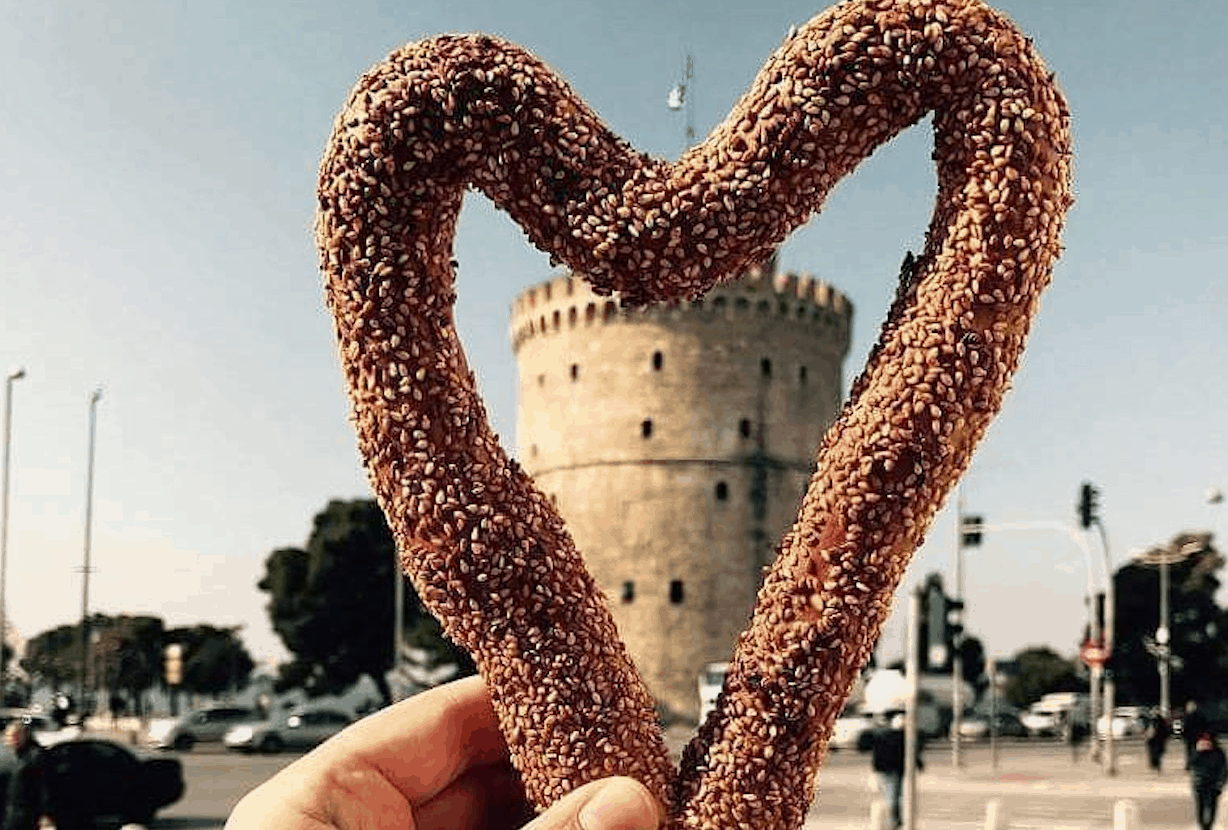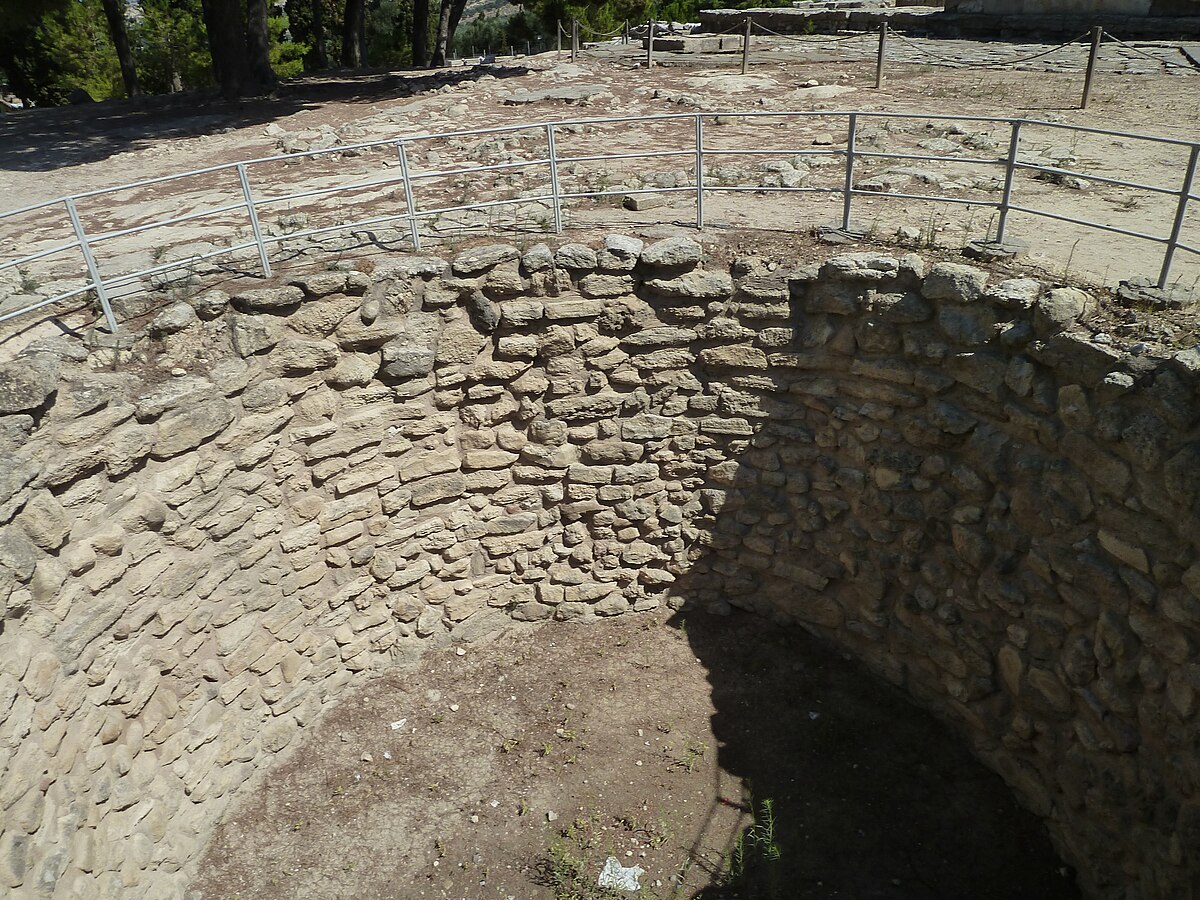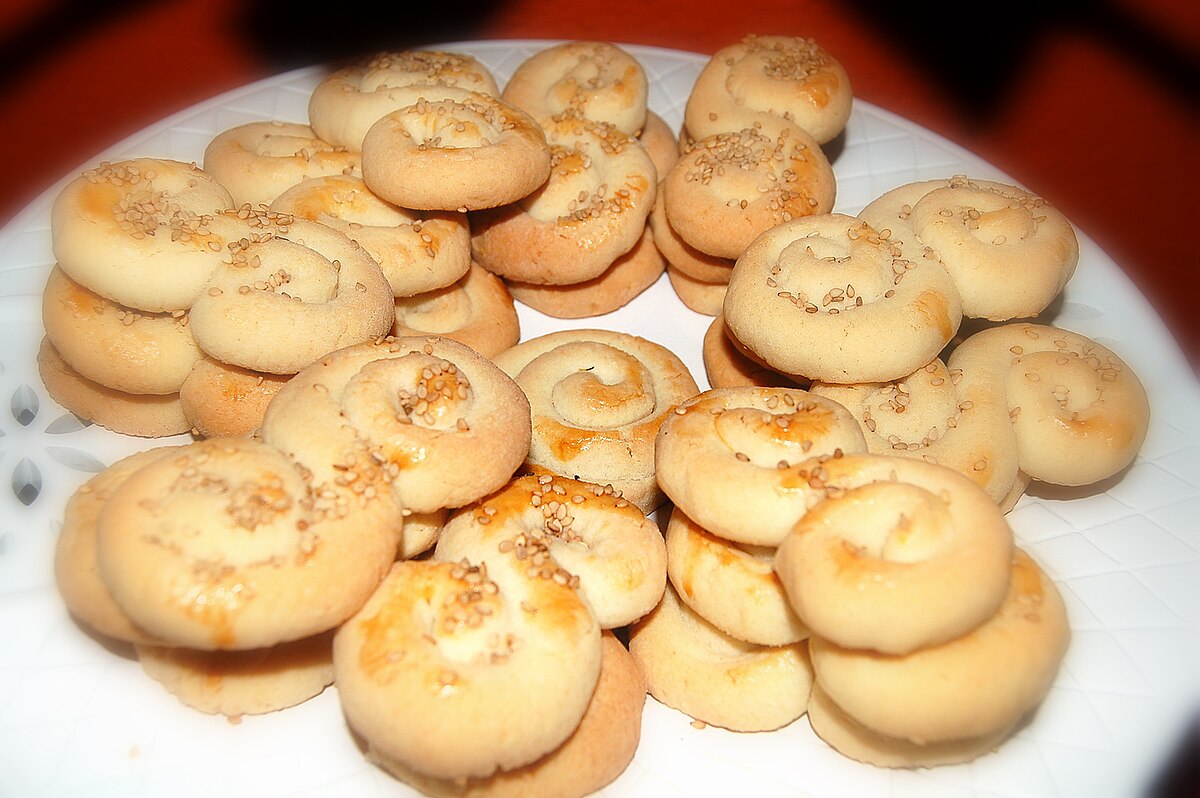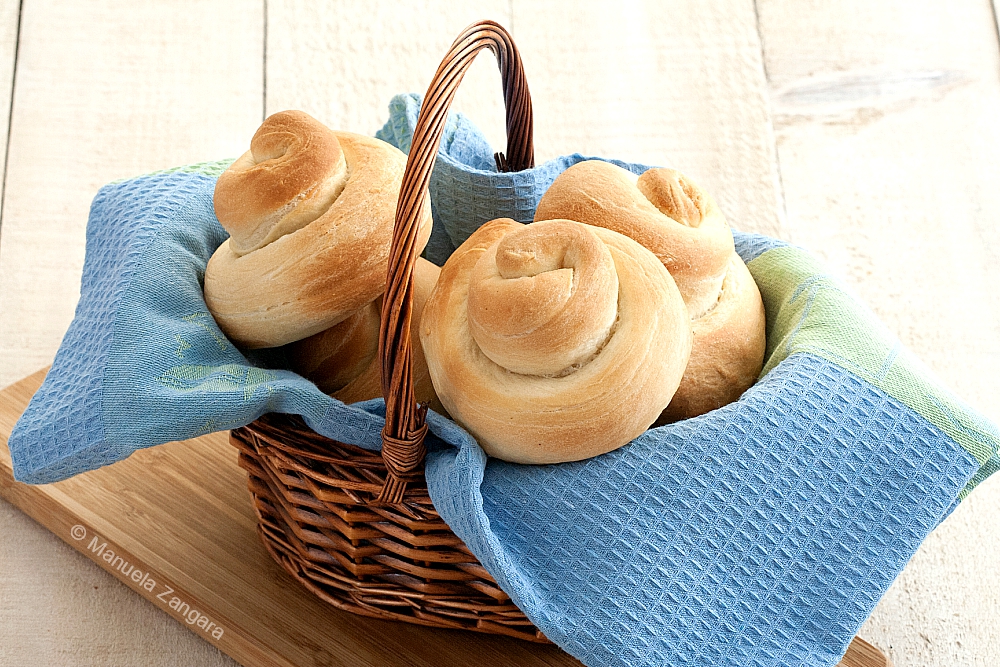redsoxdw_
Active member
I don't know about the actual word, but it seems the food came from early Christian times "Some historians trace the Koulouri's origins back to early Christianity and during Byzantine years is when it is said to have first appeared in Constantinople. It then became popular in Thessaloniki, when the Greeks from Asia Minor brought it to the Macedonian city around 1922." from https://greekcitytimes.com/2021/06/18/koulouri-greece-breakfast-recipe/This article is saying that Koulouri comes from an Ancient Greek word "kollikon"

Koulouri - Greece’s Favourite Breakfast On The Run + Recipe
If you are in Greece and after some breakfast on the run, Koulouri (Κουλούρι) is a fabulous option for you, as it’s both filling and healthy!greekcitytimes.com
That's all I've got for now. This is an interesting discussion!





